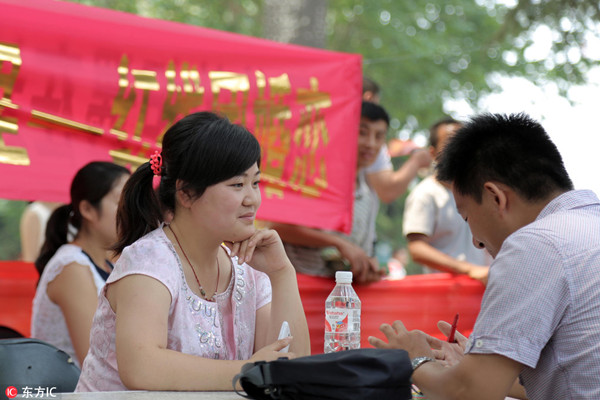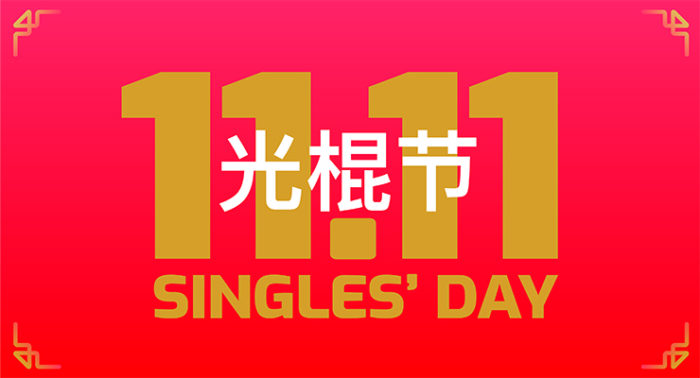The holidays are often seen as a devoted time to spend with loved ones. They can be family, friends or significant others.
However for some individuals, the holidays can be a difficult time. Many feel that they lack the joy of romantic relationships.
Singles’ Day has become the Chinese equivalent of Black Friday. But it was originally a day devoted to single individuals.
Singles’ Day is called “光棍节” (guānggùn jié) or “双十一” (shuāng shíyī). “双十一” means “Double 11” representing the date of the holiday. The significance of this date begins with the number “1.”
Each “1” represents an unmarried individual who does not add branches to the family tree. The two “1”s together form an “11,” representing the joining of two individuals.
The entire date of 11/11 celebrates the existence of two couples. Each couple possesses two separate individuals who found each other in life.
The day can be seen as an anti-Valentine’s day. Double 11 is about accepting being single. But within Chinese culture, women who are single and over 30 are often looked down upon.
These women are referenced as “剩女” (shèng nǚ, leftover women). This leftover attitude is emphasized in the media. It has also developed an industry of matchmakers as parents continue to pressure their daughters.
 A date at a singles’ mixer [via China Daily]
A date at a singles’ mixer [via China Daily]
Chinese independent women have a history of being alienated. They did not follow their expected life path: education, job, marriage and children.
Their strong wills for themselves are not appreciated because they refuse to submit to traditional views of gender roles. The majority of these women have achieved higher education and an independent wealthy income.
Unfortunately this does not prevent society from invalidating their success and pressuring marriage.
While not as common in the media, single men are referenced as “光棍” (guānggùn). This translates to bare branches, meaning that men are not adding branches to their family tree.
Although 11/11 is meant to celebrate single people, it does not change individuals’ pressure to find a life partner.
Furthermore, singles have a tradition of blind date parties. These parties give hope of changing relationship statuses.
These ideas have extended and evolved in other cultures within India, North America and Asia. Unlike in Chinese culture, some view single women as social forces to be reckoned with due to the success in their careers.
This has influenced Chinese feminists. They are emphasizing the need for change by switching from 剩女 (shèng nǚ, leftover woman) to 胜女 (shèng nǚ, victory). The pronunciation remains, but the focus shifts to independence.



0 Comments